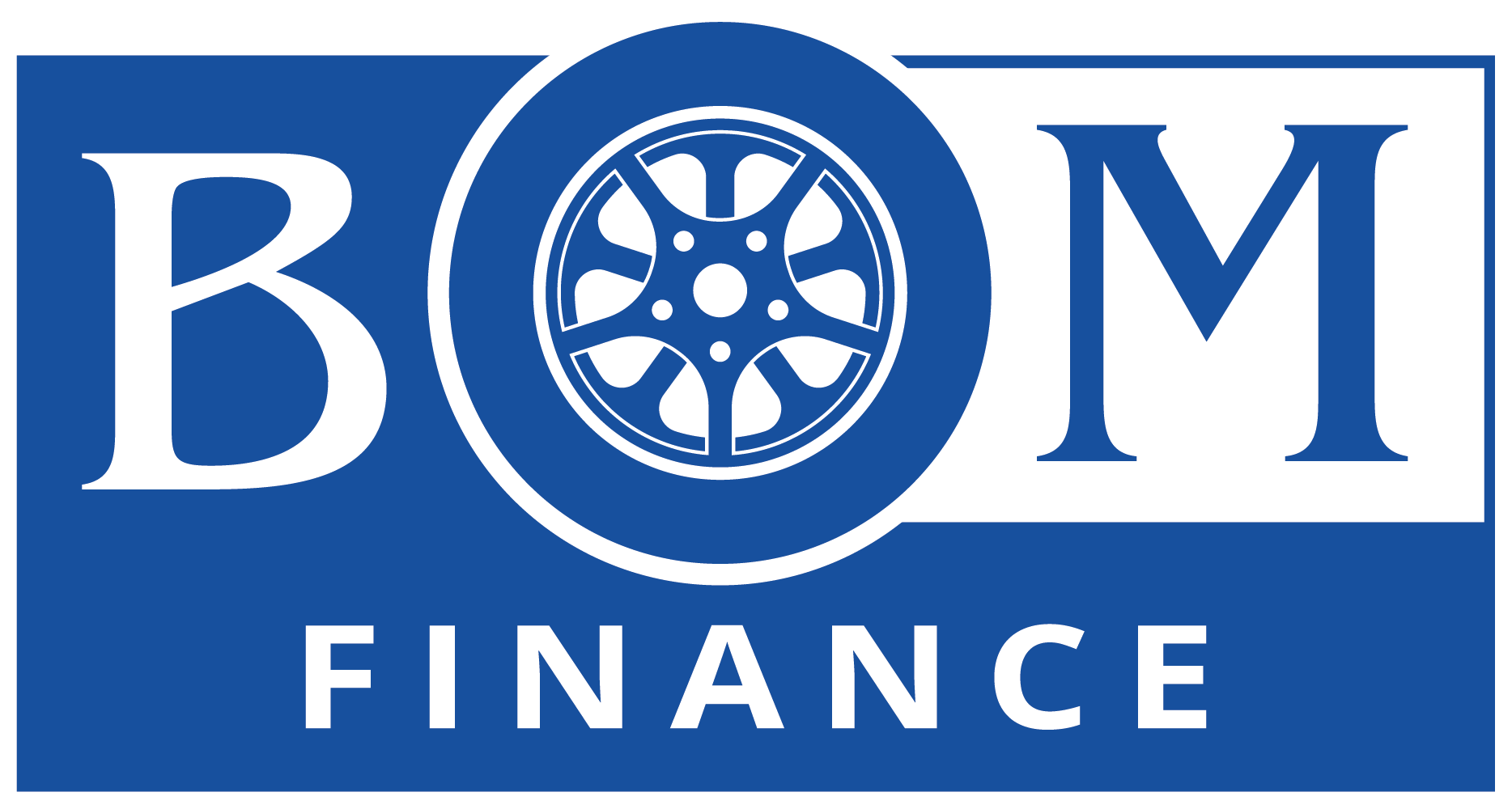The Impact of the CFPB’s Changes on Lenders and Dealerships
The Consumer Financial Protection Bureau is concerned with rising costs in the automotive industry but, since the agency has no oversight of car dealerships, the bureau is planning to focus its efforts on automobile financing.
The Bureau of Labor Statistics has found that the stalled manufacturing processes, along with chip shortages, are increasing costs while limiting the supply of vehicles on lots which, predictably, drives the costs even higher. The higher costs of cars mean that consumers, already financially stretched, are dipping even further into debt. Let’s take a closer look at the CFPB’s opinion and how it will impact dealerships.
Why is the CFPB Getting Involved?
Increasing loan amounts and the rising length of loan terms alongside an uncertain economy are creating financial problems for many borrowers. As interest rates rise, consumers become increasingly unable to purchase a car or maintain payments. For consumers who have already stretched finances to the breaking point, a single financial disruption can lead to a repossession. Repossessed cars are flipped and resold at a profit. Predatory lenders who rely on loan fees and high-interest rates to make a profit at the consumer’s expense are being targeted by the CFPB as part of its ongoing battle against unfair lending practices.
Other practices involve misapplying payments, such as paying late fees before applying the payment to the principal, as well as unlawful fees and unnecessary lender-originated insurance policies.
Repossessions Under Scrutiny
One of the biggest compliance issues found by the CFPB in the automotive industry involved wrongful repossessions. These are repossessions that occur even after the borrower took intentional steps to stop the process and the lender had recouped overdue payments. Not only do these borrowers lose the car, but they also lose any possessions in the car, incur fees, and have their credit reports negatively impacted..all after complying with the lender’s requirements and options to stop the process.
The problems were deepened when investigations found lenders who were misleading consumers about their loan commitments after normal payments were paused as a direct result of the pandemic and associated financial difficulties. Some lenders were refusing to comply with the Bankruptcy Code’s “automatic stay,” a clause that bans repossessions on borrowers who file bankruptcy. Others deliberately misrepresented the amounts necessary for a borrower to pay to stop the repossession, meaning that the car was repossessed even after the borrower paid what he was instructed to pay.
The CFPB has also taken issue with technology that enables repossessions, like lender-required GPS trackers, which provide access to a car’s location, as well as license plate recognition technology and technology that prevents a car from starting if a borrower is late on a payment.
In addition to these concerns, the CFPB is looking at cases involving discriminatory lending practices including unfair risk assessments and unbalanced actions such as negative reporting, requiring higher amounts of deposits and down payments for some borrowers, and overly aggressive collections targeting some consumers.
What Does the Bureau Hope to Accomplish?
The CFPB is finding ways to address barriers in the subprime market. The bureau will be monitoring lending structures and loan-to-value ratios, and encouraging lenders to have fair lending practices with accommodations for all consumers.
Ultimately, the bureau will be monitoring loan servicing and collections procedures in the automotive industry, ensuring that auto loans are more affordable for consumers and increasing competition among subprime lenders.
How Will CFPB Changes Affect Dealerships?
Some positive impacts the CFPB changes will have on car dealerships include an increased ability for consumers to get subprime loans. This means that customers who were traditionally overlooked for auto loans stand a far better chance of getting approved, which will boost dealership sales.
Tightening the rules around repossessions, however, may decrease an already shrinking supply of used cars for dealerships.
How Bay Country Finance Will Help Dealerships
Bay Country Finance has never engaged in unfair lending practices and unlawful repossessions. We continue to provide the best subprime lending solutions for our customers and work with them to ensure they do not default on payments.
We have been helping dealerships navigate the used vehicle shortage by providing lawfully repossessed vehicles to their inventory, and rest assured, at Bay Country Finance we have always prided ourselves on ethical business standards and fair, competitive lending practices.Partner with Bay Country Finance for a streamlined purchasing process with fast approval and flexible terms and options for your buyers. Ready to get started? Contact us today.

